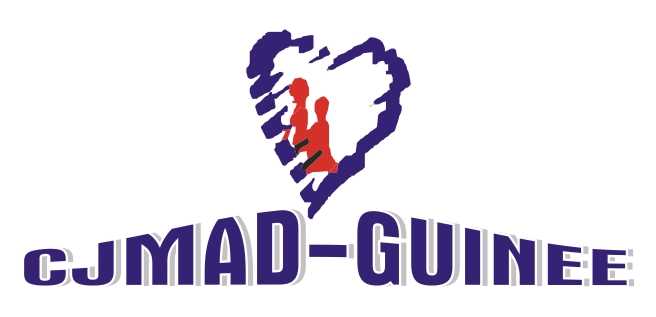Community Health
A well-functioning community health system improves health, prevents disease, and reduces health disparities by addressing social, behavioral, environmental, economic, and medical determinants of health. It also forms the foundation of the health system. Community stakeholders such as public health officials, local organizations, community health leaders, private sector providers, civil society, and frontline workers play a vital role by identifying and addressing problems within their healthcare systems. The Accelerator believes that when local stakeholders identify and participate in the implementation of solutions, their ownership and accountability for the quality of their health system increases. Download the Accelerator Community Health Systems Factsheet.
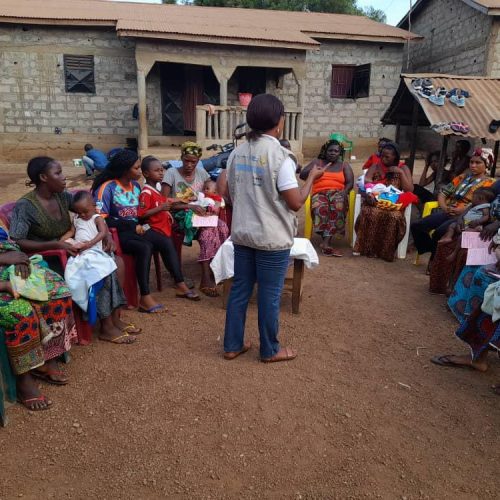
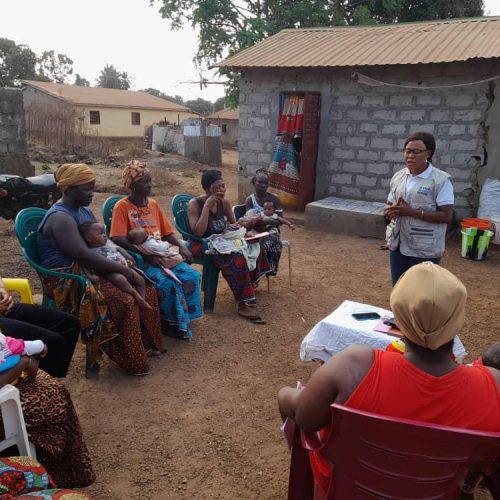
Technical Approach
The Accelerator is flexible and responsive to country needs. The program’s approach strengthens countries’ capacity to align people, processes, policies, and institutions to achieve sustainable health systems change by applying a systems lens. In addition to traditional technical assistance, the program utilizes a mix of techniques to ensure that interventions reflect the country’s context, are embedded in existing systems, and that local stakeholders own and lead processes.
Our Work
The Accelerator has facilitated community health systems strengthening efforts with significant progress toward prioritized change goals in several countries.
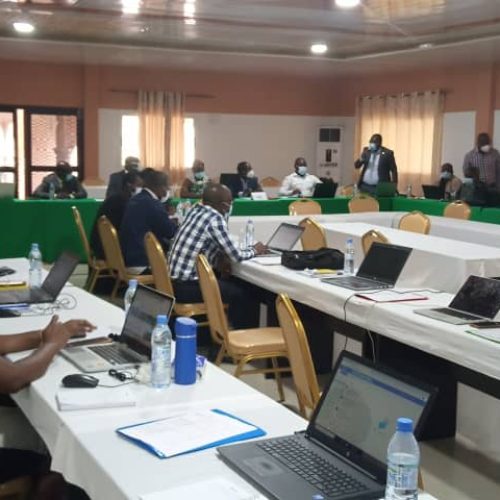
Strengthening Community Health Governance
Historically, community health services in Côte d’Ivoire have been implemented in a fragmented and inconsistent manner by different donors and implementing partners. The Accelerator has supported the development of three major community health activities: The first National community health policy, the operational plan for the policy, and an interactive community health resource mapping tool. Together, these activities strengthen the Ministry of Health’s community health leadership, governance, and coordination.
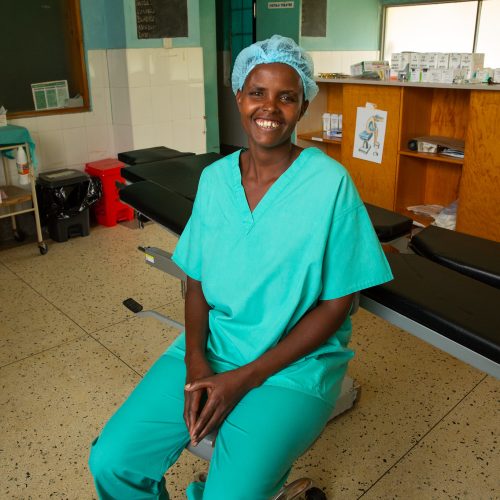
Ensuring Equity and Resiliency of the Future Community Health Workforce
The Accelerator applies a system-strengthening lens to help countries design and implement socially accountable, more equitable health education and recruitment policies and practices. Our work promotes best practices to recruit, train, and retain skilled health workers and other actions to ensure a more sustainable and responsive workforce.

Scaling up Primary Care Provider Networks
The Government of Ghana is designing and implementing Primary Care Provider Networks (PCPN) to expand access sustainably and equitably to affordable primary healthcare services. The Accelerator, the Ghana Health Service, the National Health Insurance Authority, and the Ministry of Health work together as an integrated team to conduct multiple capacity-building activities to equip key stakeholders with the necessary tools and resources to manage the PCPNs successfully and to carry out implementation research and apply findings to improve equity in PCPN implementation.
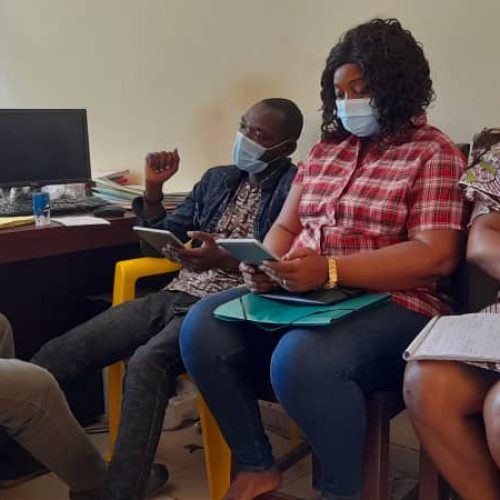
Improving Community Health and Immunization Outcomes
Guinea’s National Community Health Policy is a prominent response to long-standing health challenges. The Accelerator and our partner Comité Jeunes Mon avenir d’Abord (My Future First Youth Committee or CJMAD) are implementing activities to improve community health system performance by promoting improved management and leadership of the community health program, integrating community health and routine immunization programming and planning, advocating for increased and sustained financing for community health, and facilitating learning for adaptation and decision-making to improve community health implementation. The Accelerator is also carrying out mixed methods implementation research to help key policy and decision-makers better understand the barriers and opportunities in effectively implementing the National Community Health Policy.

Mental Health and Psychosocial Support in Post-Conflict Countries
Mental health and psychosocial support (MHPSS) services are integral to improving well-being, especially as non-communicable diseases (NCDs) present a growing burden. The Accelerator and our local partners from the Liberia Association of Psychosocial Services (LAPS) and Phebe Hospital and School of Nursing are developing Liberia’s capacity to provide MHPSS services by optimizing key health system functions across the policy, health facility, and community levels, for example strengthening the capacity of community health assistants to provide MHPSS services.
News & Resources
Transforming Primary Health Care with ‘Networks of Practice’
Ghana's PHC redesign and 'Networks of Practice' aim to achieve...
Read MoreWebinar Recap: Institutionalizing Community Health as part of National Health Systems in Africa
Missed the live event? Watch the Webinar recording and access...
Read MoreNew law mandates salaries for Guinea’s community health workers
On December 9, 2022, Guinea’s National Transitional Council unanimously adopted...
Read More
